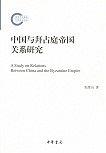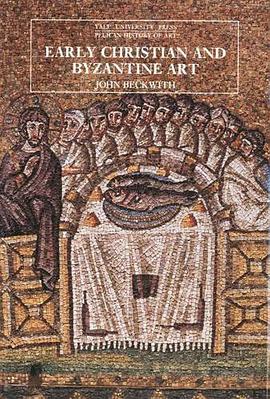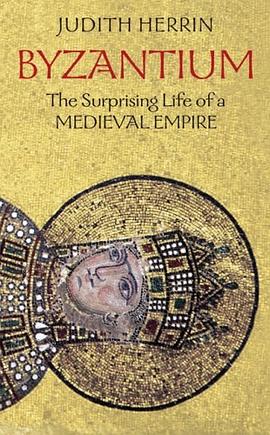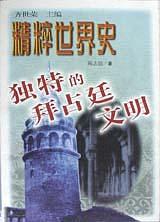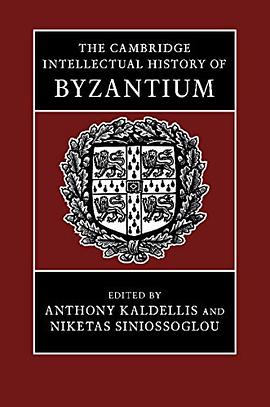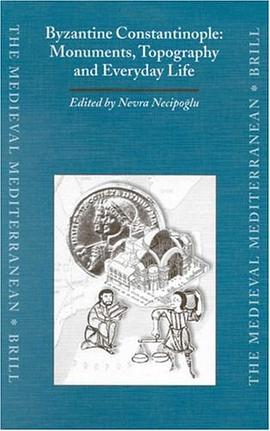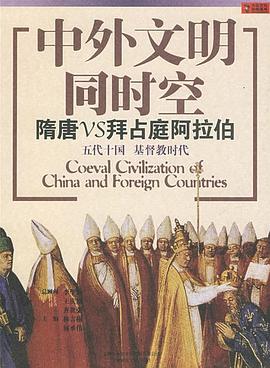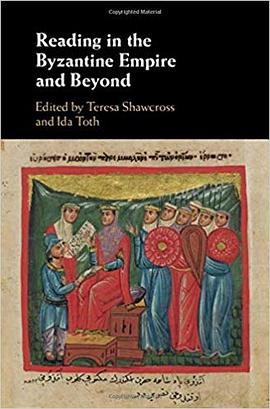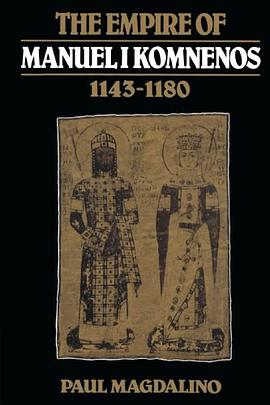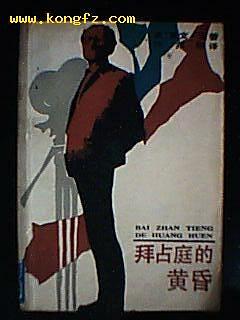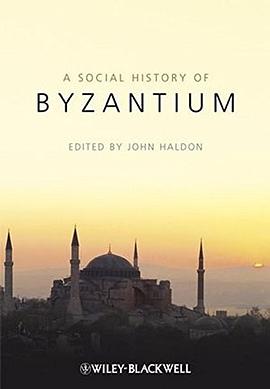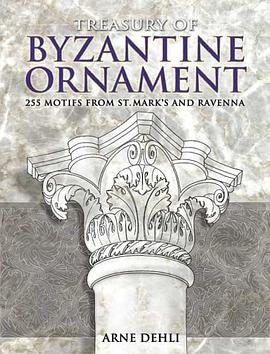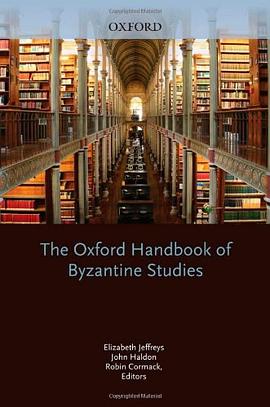
具体描述
A leading historian argues that in the empire we know as Byzantium, the Greek-speaking population was actually Roman, and scholars have deliberately mislabeled their ethnicity for the past two centuries for political reasons.
Was there ever such a thing as Byzantium? Certainly no emperor ever called himself "Byzantine." And while the identities of minorities in the eastern empire are clear-contemporaries speak of Slavs, Bulgarians, Armenians, Jews, and Muslims-that of the ruling majority remains obscured behind a name made up by later generations.
Historical evidence tells us unequivocally that Byzantium's ethnic majority, no less than the ruler of Constantinople, would have identified as Roman. It was an identity so strong in the eastern empire that even the conquering Ottomans would eventually adopt it. But Western scholarship has a long tradition of denying the Romanness of Byzantium. In Romanland, Anthony Kaldellis investigates why and argues that it is time for the Romanness of these so-called Byzantines to be taken seriously.
In the Middle Ages, he explains, people of the eastern empire were labeled "Greeks," and by the nineteenth century they were shorn of their distorted Greekness and became "Byzantine." Only when we understand that the Greek-speaking population of Byzantium was actually Roman will we fully appreciate the nature of Roman ethnic identity. We will also better understand the processes of assimilation that led to the absorption of foreign and minority groups into the dominant ethnic group, the Romans who presided over the vast multiethnic empire of the east.
作者简介
Anthony Kaldellis is Professor and Chair of the Department of Classics at The Ohio State University. He is the author of many books, including The Christian Parthenon, Hellenism in Byzantium, and The Byzantine Republic, which have been translated into French, Greek, and Russian.
目录信息
Map 2. The Byzantine Empire ca. 1064 Showing Major Ethnic Territorial Groups
Preface
I. Romans
1. A History of Denial
2. Roman Ethnicity
3. Romanland
II. Others
4. Ethnic Assimilation
5. The Armenian Fallacy
6. Was Byzantium an Empire in the Tenth Century?
7. The Apogee of Empire in the Eleventh Century
Conclusion
Abbreviations
Notes
Bibliography
Index
· · · · · · (收起)
读后感
我们都知道,用“拜占庭帝国”来称呼东罗马是不准确的,毕竟他们坚信自己是罗马人。但对于“帝国”两字,却少有谨慎的审视。一般通过人要么不明所以地说“普世帝国”,要么过分强调罗马认同与基督教的绑定。而现代学术界说到 empire,主要是相对于“民族国家”而言的,而非帝制...
评分我们都知道,用“拜占庭帝国”来称呼东罗马是不准确的,毕竟他们坚信自己是罗马人。但对于“帝国”两字,却少有谨慎的审视。一般通过人要么不明所以地说“普世帝国”,要么过分强调罗马认同与基督教的绑定。而现代学术界说到 empire,主要是相对于“民族国家”而言的,而非帝制...
评分我们都知道,用“拜占庭帝国”来称呼东罗马是不准确的,毕竟他们坚信自己是罗马人。但对于“帝国”两字,却少有谨慎的审视。一般通过人要么不明所以地说“普世帝国”,要么过分强调罗马认同与基督教的绑定。而现代学术界说到 empire,主要是相对于“民族国家”而言的,而非帝制...
评分我们都知道,用“拜占庭帝国”来称呼东罗马是不准确的,毕竟他们坚信自己是罗马人。但对于“帝国”两字,却少有谨慎的审视。一般通过人要么不明所以地说“普世帝国”,要么过分强调罗马认同与基督教的绑定。而现代学术界说到 empire,主要是相对于“民族国家”而言的,而非帝制...
评分我们都知道,用“拜占庭帝国”来称呼东罗马是不准确的,毕竟他们坚信自己是罗马人。但对于“帝国”两字,却少有谨慎的审视。一般通过人要么不明所以地说“普世帝国”,要么过分强调罗马认同与基督教的绑定。而现代学术界说到 empire,主要是相对于“民族国家”而言的,而非帝制...
用户评价
学会一个词,“Roman denialism”,可以翻译成“唯我独罗论”,指法兰克人垄断罗马遗产,否定东罗的罗马性的本质主义思维。黄学新话术get✔️
评分学会一个词,“Roman denialism”,可以翻译成“唯我独罗论”,指法兰克人垄断罗马遗产,否定东罗的罗马性的本质主义思维。黄学新话术get✔️
评分学会一个词,“Roman denialism”,可以翻译成“唯我独罗论”,指法兰克人垄断罗马遗产,否定东罗的罗马性的本质主义思维。黄学新话术get✔️
评分学会一个词,“Roman denialism”,可以翻译成“唯我独罗论”,指法兰克人垄断罗马遗产,否定东罗的罗马性的本质主义思维。黄学新话术get✔️
评分学会一个词,“Roman denialism”,可以翻译成“唯我独罗论”,指法兰克人垄断罗马遗产,否定东罗的罗马性的本质主义思维。黄学新话术get✔️
相关图书
本站所有内容均为互联网搜索引擎提供的公开搜索信息,本站不存储任何数据与内容,任何内容与数据均与本站无关,如有需要请联系相关搜索引擎包括但不限于百度,google,bing,sogou 等
© 2025 qciss.net All Rights Reserved. 小哈图书下载中心 版权所有


